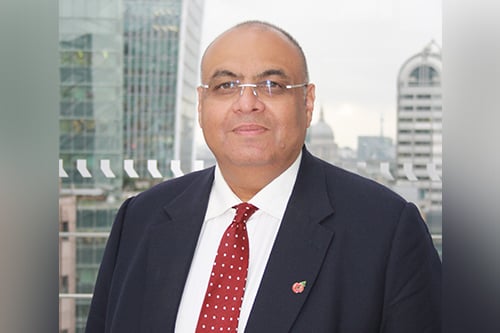

The following is an opinion piece written by Reubin Iqbal, head of construction at Crawford Global Technical Services.
It is not surprising, given the disruption caused by the COVID-19 pandemic, and the “closure” of society in general, that the construction industry is facing an unmatched challenge.
While in the UK there was no specific mandate for construction sites to close, the consequences of the lockdown has meant that sites have had to implement social distancing, provide additional PPE, review site welfare facilities and conditions together with a plethora of other measures. The primary concern being, as one would expect, the welfare of employees and site personnel.
The situation has also been compounded by the fact that the supply chains for materials (concrete for example), has either been non-existent or greatly reduced, thereby adding further complexities to an already acute situation.
As a result, many employers / main contractors have sought to make claims on their contractors’ all risks (CAR) / delay in start-up (DSU) policies to compensate for losses perceived to accrue from site closures, partial site closures or simply from delays to projects being completed.
The upshot is that insurers have received numerous notifications for losses arising from COVID-19 inactivity and/or delays.
At this time insurers’ responses are still being formulated while loss adjusters obtain factual information in order to understand the individual circumstances surrounding each notification.
Insurers will typically need to understand the nature of the parties involved, the circumstances surrounding the full or partial closure of the site, and which party has incurred the loss. Contracts will need to be reviewed to ascertain any provisions used to allocate the risk for costs incurred while the site is not operational.
Consideration will also have to be given to the effect on sites due to social distancing and any specific government guidelines; arguably this is still a fluid and dynamic situation where the final outcomes on site processes are still to be fully understood.
Loss adjusters need to be alert that there will be a wide variety of policy wordings to consider, with differing extensions, and nuances in the fine print. These policies will need to be reviewed in the context of each induvial claim/notification. Some considerations being:
These and many other questions will need to be carefully thought through.
It is vital, in these unprecedented times, that all stakeholders in the insurance process, be it employers, contractors, brokers and insurers have access to clear and transparent facts on the nature of the delay, extent of exposure, contractual implications and perhaps most importantly a road map for progression of the claim. Now more than ever it is vital that loss adjusters bring their traditional skills to bear to assist the process and in so doing help to bring clarity in uncertain times.
Early fact gathering and securing of evidence remains the key and Crawford & Company’s construction team is well placed to assist. With a team of dedicated CAR / DSU adjusters around the UK, including London, the Home Counties, Bristol, Birmingham, Manchester and Glasgow we are ready to act. In addition, a specialist team of forensic accountants are on hand to review the financial aspects of any claim. As ever, Crawford’s construction experts are available to support the insurance and the construction industry as we all collectively rise to the challenge posed by the COVID-19 pandemic.
